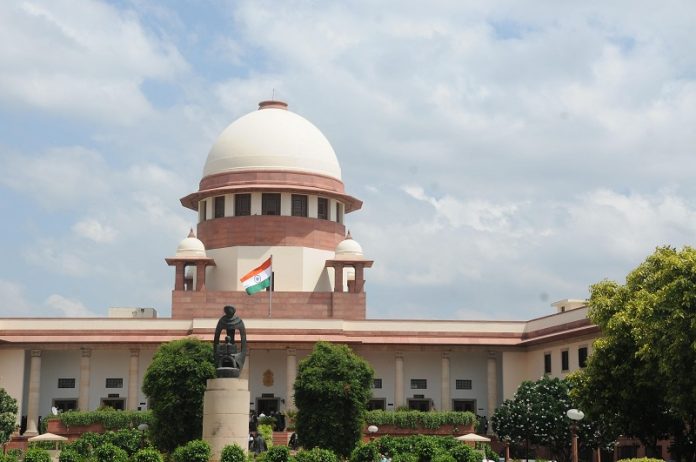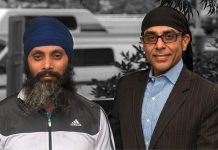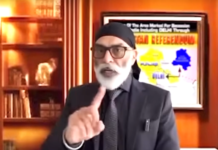New Delhi (IANS): The Supreme Court of India on Friday asked the family of Nikhil Gupta — the Indian national accused by US federal prosecutors of plotting to assassinate Khalistani leader Gurpatwant Singh Pannun — to approach the court in Czech Republic where Gupta is presently detained in connection to his arrest and extradition proceedings.
A bench of Justices Sanjiv Khanna and S.V.N. Bhatti was considering a writ petition filed by a family member seeking urgent intervention of the top court against Gupta’s “illegal arrest and ongoing extradition proceedings”.
The bench remarked that the matter is “extremely sensitive” and the petitioner should first approach the court which is outside India.
“If there is violation of any law, you have to go to court over there,” it said, adding that the top court will take up the plea for hearing on January 4 next year.
In the meantime, it asked the petitioner to serve a copy of the petition to the central agency.
An indictment was brought in US District Court against Gupta of “planning and directing” a plot from India to allegedly kill Sikh separatist leader Pannun — a dual citizen of the US and Canada — in New York.
The petition filed before the Supreme Court stated that the influence of the US on the Czech authorities poses a reasonable apprehension about Gupta’s safety in Czech prison.
It said that the extradition proceedings initiated in Prague have been marred by procedural failures, highlighting the absence of an arrest warrant, lack of fair representation, and denial of basic rights, rendering the trial anything but fair.
The plea alleged that Gupta — who was detained at Prague Airport on June 30 this year — was subjected to forced consumption of beef and pork during his detention in Czech custody and was denied consular access, the right to contact his family in India, and the freedom to seek legal representation.
“The petitioner seeks the appointment of legal counsel in both countries—Czech Republic and the US. He specifically requests the court to appoint an Indian advocate to represent him, underscoring the language barrier and the lack of adequate representation during the extradition trial in Prague,” it added.













